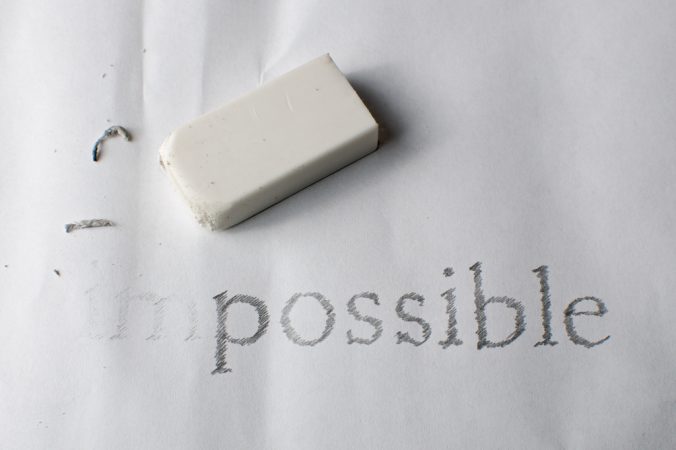Open Pedagogy and Open Educational Resources
I have come to understand how Open Pedagogy and especially OER differ from other forms of teaching and learning and how they make learning more open. Open Pedagogy thus focuses on active co-creation of knowledge between the teacher and students and as such, is diametrically opposite to the traditional model of instruction where the teacher is the exclusive knowledge prosumer. This approach empowers both parties: students work hard and come closer to the content and, at the same time, teachers help the students learn and navigate the resources independently.
The focus of this framework is to accommodate the use of OER as it shifts traditional education once more. As with any freely accessible content that may be used, adapted, and shared in pursuant to its license, OER removes barriers. They give learners a wide range of materials that allow addressing any issues of learning-teaching process. To educators, OER creates opportunity; it is easily editable, and resources may be tweaked to increase the fit to teaching environments. This flexibility plays a great role in equalizing the education sector by allowing creators of such learning materials to develop quality education content that should be attained by all without having to worry about their socio-economic status. Around the world, we witness significant trends within the use of OER. Many countries including the Canada have adopted OERs and encourage there use to improve access to education. But there are still obstacles such as financial for funding, lack of knowledge and personnel for training. However, these challenges create possibilities for the creation of efficient strategies for cooperation with teachers, schools, colleges, and governments to devise viable OER projects. Knowledge of how works under Creative Commons Licenses work is vital in this environment. These licenses help educators so that they can use, modify this content and disseminate it responsibly. For example, I can choose to license a content I developed through Creative Commons Attribution which allows the following and acknowledging the initial creator: THE WORK.
Finally, all the values of Open Pedagogy, such as collaboration, openness, and students’ engagement, have to become the principles of our work. The attitude that these principles create concerned the mustaquee decision to give equal importance to all the learners’ voices as having a ripple effect for enhancing the learners’ experience.
